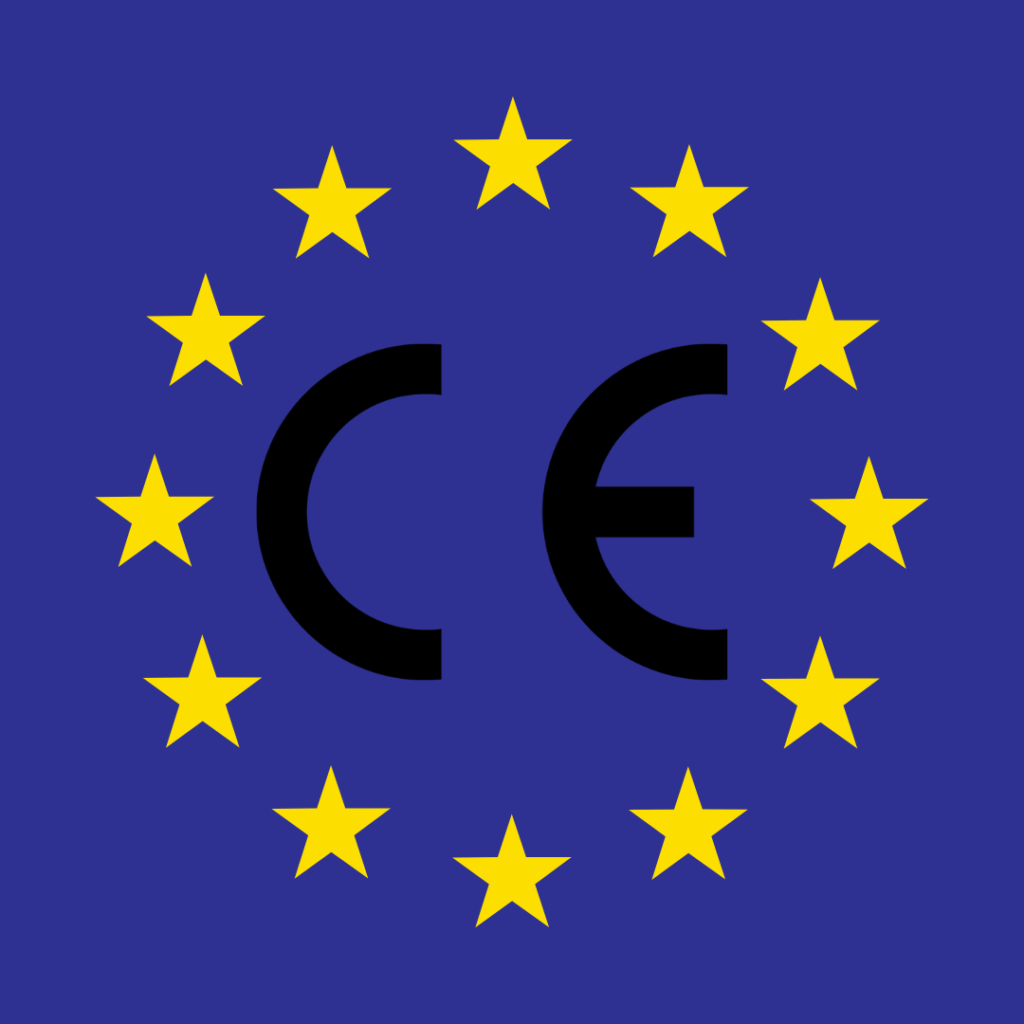Pressure equipment: a regulation update

The use of pressurized equipment (PEE)
The use of pressurized equipment presents a number of risks. The energy accumulated by the pressure can be very considerable. The sterilization industry, as a regular user of such equipment, is directly concerned. In addition, the operator’s responsibility covers both the operation and the installation. Knowing and complying with pressure equipment regulations is therefore essential. These include the 2017 ministerial decree, the French Environment Code, and the European conformity (CE), Food Drug Administration (FDA), American Society of Mechanical Engineers (ASME) and Good Automated Manufacturing Practices (GAMP) standards.
Definition of pressure equipment
A pressure vessel contains water, gas or steam under pressure. During operation, the internal pressure of the equipment is greater than atmospheric pressure (>1.013 bar). The term “pressure equipment” covers a number of devices:
- vessels (such as autoclaves) ;
- piping ;
- pressure accessories ;
- safety accessories ;
- steam generators.
Regulations distinguish between fixed and transportable equipment. The sterilization industry is equipped with autoclave-type ESPs.
Why are there ESP regulations?
When in service, pressure equipment is a risk factor. The most feared accidents are vessel ruptures. These lead to explosions and loss of containment. The consequences are human injury and damage to nearby products and equipment. Regulations are designed to reduce these risks.
Composition of pressure equipment regulations
Pressure equipment regulations have two main aspects. The first concerns the regulations governing the manufacture and sale of pressure equipment. The second relates to the use of equipment in professional operations. It covers commissioning, repair, periodic inspection and requalification.
Manufacture and sale of equipment: what are the regulations?
ESPs must comply with current regulations before they can be marketed. In Europe, a body of directives provides the legal framework. In France, it is supplemented by other binding texts. Internationally, ASME regulations apply, particularly in the Americas.
European regulations
These include Directive 2014/29/EU on simple pressure vessels, and Directives 2014/68/EU (ESP) and 2010/35/EU (ESPT). The latter two reinforce the safety of ESPs and guarantee their free circulation in the European Union. They oblige manufacturers, authorized representatives, importers and distributors to comply with their requirements. The standard EN 13 445 is compliting the system.
French regulations
ESPs are also subject to compliance with the French Environment Code. This states (article L557-4) that ESPs must comply with “the essential safety requirements […] for performance, design, composition, manufacture and operation”. The regulations are also based on the decree of 20/11/2017 (monitoring of pressure equipment and simple pressure vessels).
International law
In the United States, ESPs must comply with the ASME BPVC (Boiler and Pressure Vessel Code). Section VIII covers the design and manufacture of conventional pressure vessels. ASME is the equivalent of the European PED regulations. As these standards differ from country to country, it is important to check the specific standards applicable before installing an ESP.
Operating and using ESPs: what are the obligations?
The ministerial order of 20/11/2017 requires ESPs to be monitored during operation. Periodic inspections and requalifications are the mandatory steps. These regulations for pressurized equipment primarily concern their commissioning. They also govern the normal operation of the equipment.
Obligations relating to commissioning
Before pressure equipment is used for the first time, a declaration of commissioning is required. The operator must complete this online (LUNE application).
The purpose of this declaration is to establish that the pressure equipment meets the general conditions for “safe” installation and operation. This commissioning inspection is carried out by :
- An authorized body for steam generators and pressure vessels;
- Company operating personnel recognized as competent for vessels and piping systems.
Periodic checks and requalifications
The provisions of the Ministerial Order of November 20, 2017 make periodic verification and requalification mandatory. Periodic verification must follow an inspection plan or the requirements of the ministerial order. Its frequency varies according to the ESP. It covers the following points:
- External inspection of the equipment ;
- Verification of documentation
- Inspection of safety accessories.
Requalification is an in-depth inspection. It includes a hydraulic pressure test and must be carried out by an authorized body. Periodicity also depends on the nature of the equipment.
Food and pharmaceutical regulations
Does your pressure equipment sterilize food products for export? The American authorities impose FDA standards. These are similar to European general product safety standards such as Directive 2001/95/EC. The aim of these regulations is to reduce health risks and guarantee “product safety” control.
In the pharmaceutical sector, pressure equipment regulations include GAMP standards. This acronym designates a control body and a set of best practices. These apply in particular to the pressurized sterilization system of pharmaceutical products.
Compliance with regulations protects manufacturers
In conclusion, all pressure-operated equipment must comply with French, European and international legislation. Pressure equipment regulations apply to its manufacture and/or use. They reduce the risk of accidents during operation, and limit the operator’s liability in the event of a problem.
Do you need a professional to operate your pressure equipment in compliance with regulations? Are you looking for new pressure equipment or a retrofit? Steritech offers a wide range of solutions that comply strictly with current standards. If you have any questions, call our experts.